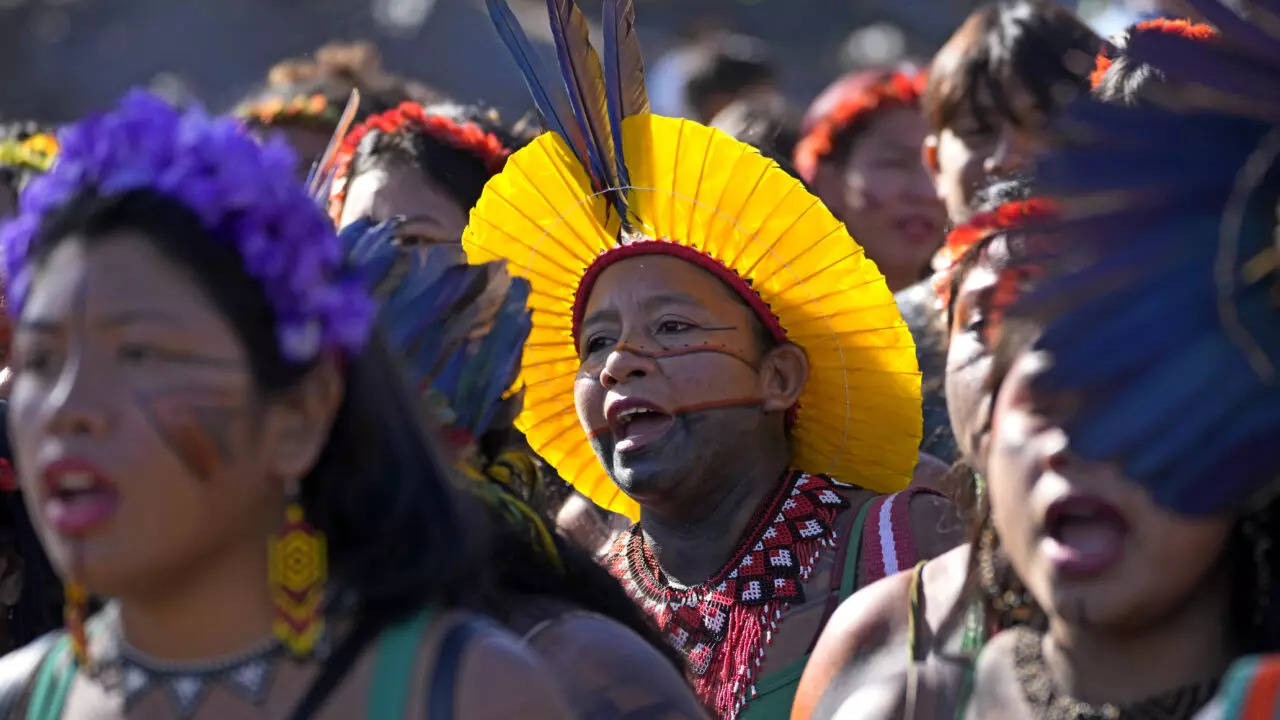In a significant move, the Biden Administration in 2022 reconfirmed the establishment of the second Monday of October as Indigenous Peoples Day, marking the second consecutive year of this proclamation. This decision holds historical significance as it acknowledges and commemorates the diverse cultures and rich history of Native Americans at a federal level, coinciding with the traditional observance of Columbus Day.
The initiative to create Indigenous Peoples Day on the same date as Columbus Day represents a broader societal shift in focus away from celebrating Christopher Columbus. Instead, the emphasis is on shedding light on the contentious issues associated with his explorations and their aftermath. The primary criticisms against Columbus and other European explorers center around the extensive violence and enslavement inflicted upon Indigenous peoples during their voyages to the Americas.
Dual Observance of Indigenous Peoples Day and Columbus Day
By honoring Indigenous Peoples Day alongside Columbus Day, the federal government is making a clear statement about reevaluating and reframing historical narratives. This move acknowledges that the conventional perception of Columbus as an exploration hero has been overshadowed by the undeniable harm caused to Indigenous communities. The intention is to promote greater awareness and understanding of the suffering and injustice endured by Native Americans following Columbus’s arrival.

Additionally, the decision to officially acknowledge Indigenous Peoples Day at the federal level underscores the critical need to celebrate the rich tapestry of Native American cultures, traditions, and their significant contributions to American society. This pivotal step offers a valuable opportunity for education and reflection, empowering Americans to deepen their understanding of the resilience, wisdom, and enduring legacy of Indigenous peoples.
Every year, on the second Monday of October, two significant observances take place: Indigenous Peoples Day and Columbus Day. This year, on October 9th, both of these observances coincide, resulting in the closure of post offices, some schools, and a few banks.
Indigenous Peoples Day serves as a day to pay homage to and celebrate the diverse cultures, histories, and invaluable contributions of Native American peoples. It stands as a means of recognizing their profound significance and enduring resilience over countless centuries. Conversely, Columbus Day has held the status of a federal holiday for an extended period, intended to honor Italian-American heritage and the exploration of Christopher Columbus. However, it’s a day that sparks controversy due to Columbus’s voyage, which ultimately led to the colonization of America and inflicted harm upon Native American communities.
What is the significance of Indigenous Peoples Day in challenging the celebration of American colonialism?
Scott Stevens, the director of the Native American and Indigenous Studies Program at Syracuse University, emphasized the issue of American colonialism not being adequately acknowledged in history. He pointed out that viewing it positively is a significant problem, especially for those in Native American communities.
Around 29 states in the U.S. have opted not to observe Columbus Day. This sentiment is echoed by 195 cities that have chosen to rename or replace the holiday with Indigenous Peoples Day, as per renamecolumbusday.org. The movement to recognize and honor Indigenous Peoples Day is gaining traction.
Different states have adopted various approaches to acknowledging Indigenous Peoples Day, showcasing a widespread acceptance of celebrating Indigenous peoples’ heritage and contributions.
On the federal level, momentum is building. Indigenous Peoples Day has gained federal recognition for two consecutive years, emphasized by the proclamation from the Biden administration. The second Monday in October is now officially acknowledged as a day honoring the diverse history and contributions of Indigenous peoples in shaping the nation. This recognition amplifies the importance of acknowledging and commemorating the rich and varied cultures and histories that constitute the United States
The post Columbus Day and Indigenous Peoples Day 2023: Dates, History, and Key Information appeared first on TechStory.






0 comments:
Post a Comment